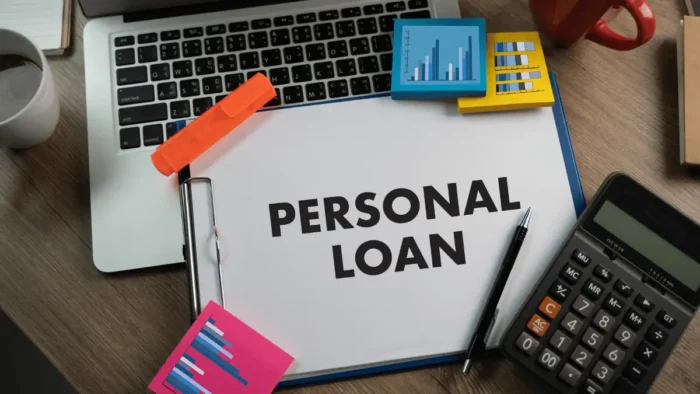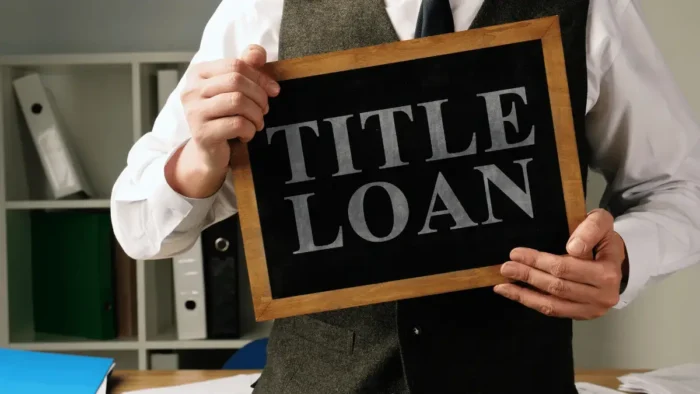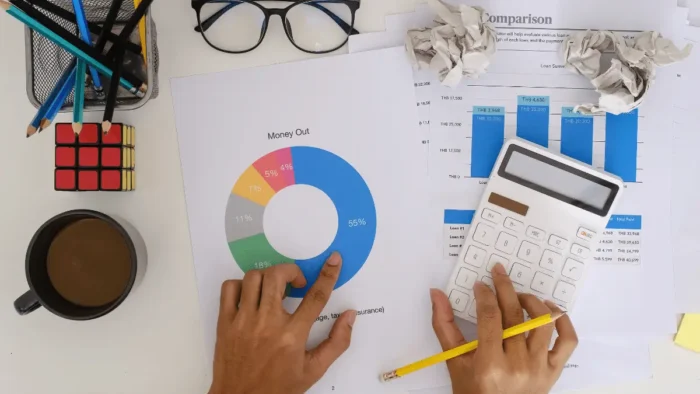You have probably seen the term “credit score” tens of times. Truthfully, it will show up more and in different areas of your life, whether you want a personal loan, financing for a car, renting a home, or even credit for your business.
Understanding Credit Score
A credit score is a three-digit number that conveys information regarding how likely you are to honor your debts. A business credit score is the same, only for your business’s creditworthiness.
The three major credit score bureaus (Dun and Bradstreet, Equifax and Experian) have their own formulae for calculating a business’s creditworthiness.
Related: 3 Ways Your Credit Score Affects Your Financial Present And Future
1. Dun and Bradstreet business score
Your business’s risk is measured using a Paydex score, on a 0 to 100 range. This data is extracted from data gathering companies or directly reported to the bureau. This data, alongside a commercial and a financial stress score, helps lenders gauge whether to extend credit to you or not and the amount they can risk extending to you. Further, insurance companies can also use this score to dictate your premiums, and your landlord to come up with renting/leasing terms on a business premise and whether to rent space to you in the first place.
To get a Paydex number, file for a DUNS number on the Dun and Bradstreet website. This is absolutely free. In addition, the bureau must have your payment records with at least four vendors.
Dun and Bradstreet recommends paying debts on time or ahead of time, and encourages vendors to report positive payment history.
2. Equifax Business Credit Score
Equifax does three evaluations:
Payment index.
Ranks on a 0 to 100 range. The score reflects how timely your business’s payments were, using data from creditors and vendors.
The business Credit risk score.
It measures the likelihood of your company becoming delinquent on payments. It scores on a range of 101 to 992 and measures:
- The size of your company.
- The limit on revolving accounts such as credit cards.
- How long you have had your oldest financial account.
Business failure score
This score measures your company’s likelihood of folding within 12 months. The score ranges from 1000 to 1620. The lower the score, the higher the probability of your business folding.
Business failure score is informed by the following:
- How long you have operated your oldest financial account.
- The % of the credit limits you have used over the months.
- Any delinquent accounts or late payments in the last two years.
- Any delinquency in non-financial transactions such as invoices.
For credit and business failure scores, a 0 score indicates bankruptcy.
3. Experian
Experian is a little different from the other two because it gives a credit score report that shows a business’s credit score as well as other information like payment and account history as well as public records. The total score ranges from 1 to 100.
Experian calculates your credit score using information from your suppliers and lenders, legal filings and collection agencies.
Further, it factors in your business financial histories such as payment habits, outstanding loans, tax liens, bankruptcies and the size of your business.
However, whichever company you choose to get your report from, consider the following:
- Each bureau has its own way of collecting and verifying information. Typically all the bureaus will collect information from vendors, banks, credit card issuers, and data gathering institutions. This is data that is verified through third parties.
- The data can have inaccuracies. Once you get a report, comb through any details and pick out any inaccuracies. You can contest these with evidence and have your report changed-and improved. The same goes for omissions on your report that might paint you in good light.
Related: How Credit Works: 6 Key Things to Know About Credit Scores
Importance of a business credit score
Financing
The most obvious reason would be financing. If you need to borrow for business, a good credit score increases your likelihood of your loan being approved. Lenders approve small business loans in very little time especially if you have a good credit score.
Lower insurance rates
Your insurance rates increase as your business grows. One of the things to get lower rates is a good credit score.
Business and personal finances are separated
Creating your business credit score from your personal credit score is beneficial when it comes to tracking taxes.
Strong borrowing power
The better your credit score is, the higher your chances are of getting higher loans and at more favorable terms. It also allows you more credit facilities in the purchase of stock and business services, so you do not have to pay upfront each time.
5 Ways to Improve Your Business Credit Score
With the benefits, a good score can attract to your business, here are a few ways to improve it.
1. Pay credit card bills on time
Paying your credit card bills on time is great for your credit score. However, being strategic on this can up your credit score 20- 30 points. This relates to your debt to limit ratio. Low balances of 6- 10% score more favorably. Keep within this threshold.
2. Retain old debts on your record
Do not be in a hurry to have old settled debts removed from your reports. This is data that evidences a good repayment history, which factors in your credit report.
3. Correct errors
When you get an initial credit report, scrutinize it for mistakes and have them corrected. In the same vein, check for any timely payments you have done that have been omitted, and have them included in your report.
4. Use a business credit
This is from vendors and suppliers. Use this credit and pay on time, and of course, have the CRB use this information for your report.
5. Take out some business credit
This can work in your favor as well, by taking a manageable business loan and making your payments as stipulated in your contract. Find a lender with affordable credit plans and take a business loan you can comfortably afford. Your business’s credit score will impact most business decisions. From financing options to the business premise you get and how much credit –if any, your suppliers and vendors will be willing to extend to you.
Related: How to Repair Your Credit Score?
Many small business owners do not realize the importance of maintaining a good business credit score until it is too late. Fortunately, it is possible to recover from a bad credit score. Be conscious about every debt you take and always repay in good time.





